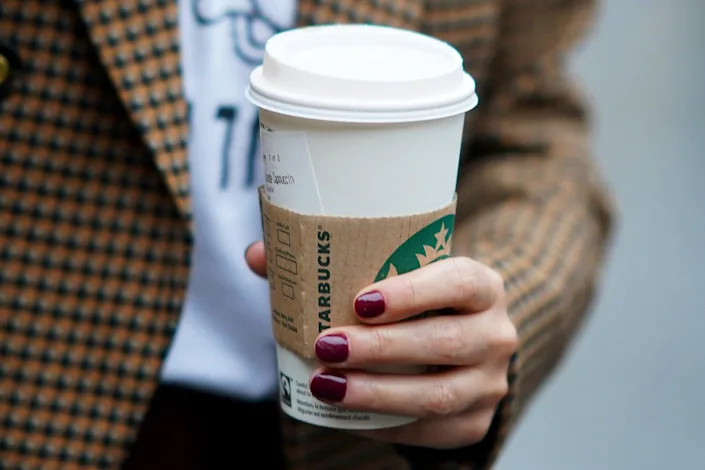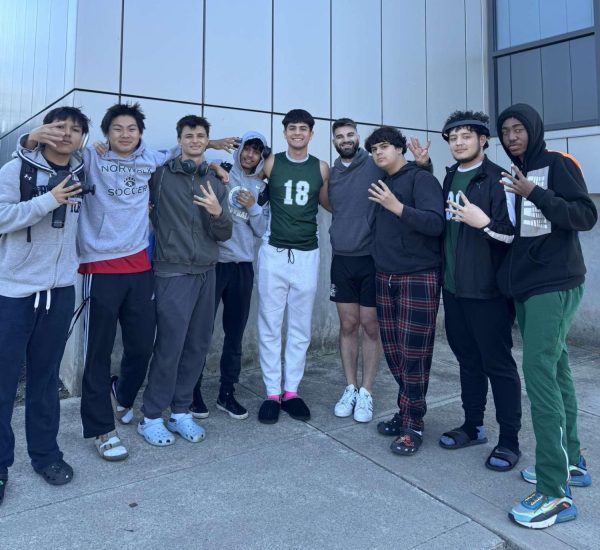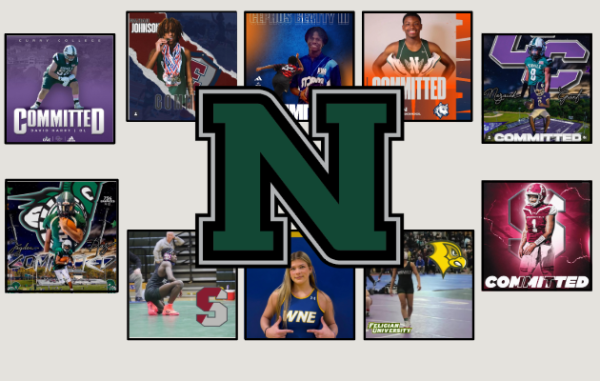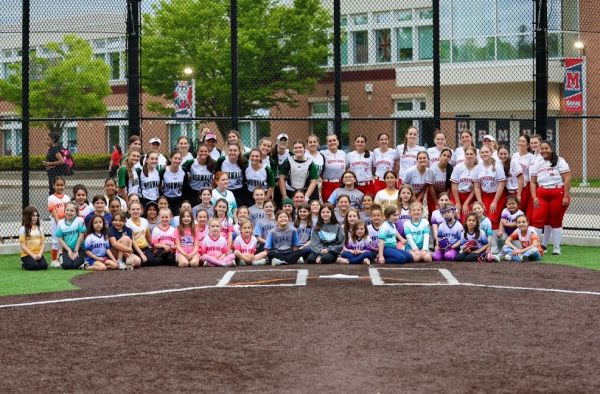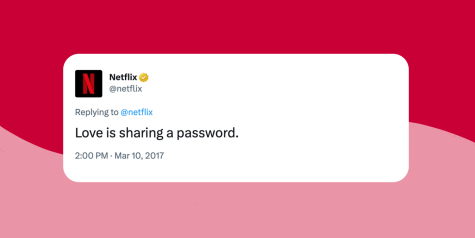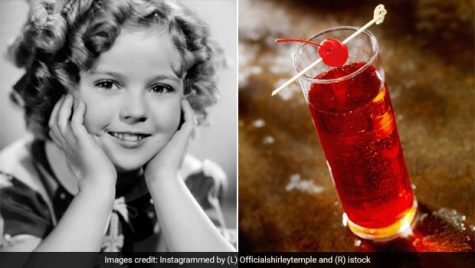Being “Basic” is Being Better
Dismantling the negative associations with the insult, “basic”.
The internet is a phenomenal place – one where we can connect with others and open our minds to a multitude of different cultures all while being able to share our own. But, there is also a prevalent negative side.
Amongst the different forums, posts, and group chats, harsh words and derogatory insults are a stranger to none. Overtime, new slang and insults have developed or modified in order to target a specific group of people or individuals. One of the more commonly used insults is the word, “basic”.
What was originally meant to be used against people who follow popular trends, the meaning has since been changed. According to the article “On Being Basic” by Claire Francis, the word “basic” is meant to make teenage girls and young women “feel bad about herself for wearing, consuming, or even just liking perfectly nice things that lots of other people like, too.”
Like lambs to the slaughter, many people who use this kind of slang and insults are naïve to the true origin or purpose of the word. Although the usage of the term “basic” can have a humoristic tone at times, its true nature is one that relies upon the basis of criticizing and dehumanizing young teenage girls.
By being called “basic”, it makes a person feel as if they are seen as nothing but a stereotype. In an attempt to escape the label, many teens seek help from different social media platforms. They watch YouTube videos on “How Not to be a Basic Teenage Girl” or click on articles about “5 ways on How to Not be Totally Basic”.
In the New York Times article, “Kids Under the Sway of Social Media”, Katherine Cameron dives into the effects that Social Media has on teens – especially girls. She writes, “Not only have they fallen under the sway of advertising presented as self-help, they are also being stripped of their own individuality”
Although being “basic” is seemingly the opposite of having individuality, one must acknowledge the fact that if the girls are being stripped of their interests in hopes of becoming “unique”, they are somewhat abandoning their sense of self to follow a different list of standards. By abandoning their qualities that make them “basic”, they are just conforming to another stereotype and don’t achieve their desired “individuality”.
And even if a teenage girl was to no longer be considered “basic”, she is still susceptible to hate and backlash. From sports to art to fashion to politics, teenage girls face an endless list of criticism just for being themselves. This constant battle of wanting to be perceived by others, not as a teenage girl, but as a human, can drive people to the point where they renounce their peers in order to gain the approval of others. In fact, the phrase “I’m not like other girls” is used to make fun of those types of people – again contributing to the fact that teenage girls can never escape the criticism of others.
The issue isn’t the words or labels, but instead the intent behind it. Being called “basic” shouldn’t be the end of the world, but the problem arises when it is being used as a tool to tear down another individual. To dismantle this concept would be to rewrite the mentality of hundreds of thousands of people, but one way this could be tackled is by attempting to disregard the opinions of others and not allowing them to dictate what we enjoy in life.
So let’s indulge in our interests – buy Lululemon leggings, wear comfy UGGs, and drink our Starbucks while watching the Sunday night football game, because being basic and being true to yourself is far better than changing your identity in order to be seen as desirable in the eyes of others.

Tierna Mahoney is a Senior at Norwalk High and has been a reporter for the Paw Print for three consecutive years. She likes to participate in many clubs...

